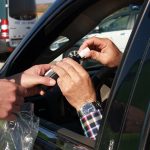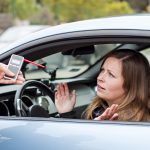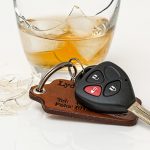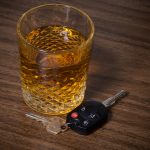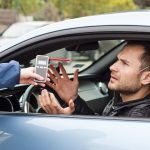Low Range Drink Drivers to Face On-The-Spot Fines & Suspensions
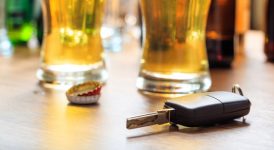
Low-range drink driving is where a driver has a blood alcohol concentration of 0.05 to 0.79 millilitres per 210 litres of breath.
The maximum penalty when it’s the driver’s first major traffic offence within 5 years is an ‘automatic’ licence disqualification of 6 months – which can be reduced by the court to as low as 3 months – and a fine of $1,100.00.
The court can, however, deal with the matter without recording a criminal conviction, or imposing a fine or licence disqualification, by exercising its discretion under a ‘section 10(1)(a) or ordering a conditional release order under the the Crimes (Sentencing Procedure) Act 1999.
In any case, an adult caught in NSW drink driving must front a magistrate in the local court.
New proposal
However, NSW Roads Minister Melinda Pavey has proposed giving police the power to issue on-the-spot penalty notices of $561 and licence suspensions of 3 months to first time low-range drink drivers.
“Police will retain the discretion to issue a court attendance notice if circumstances require it”, Ms Pavey added.
Those who elect to take the matter to court will face the prospect of an automatic disqualification of 6 months, a fine of up to $2,200.00 (double the existing court-imposed maximum fine) and a criminal conviction – which are powerful disincentives for taking the case to court.
Criticism
The Minister claims the proposals are about making roads safer as well as freeing up the cluttered local courts.
But critics contend that the laws are nothing to do with road safety – to the contrary, they point out that all low-range drink drivers are currently sent before a magistrate and face a criminal conviction (which can only be imposed by a court, not by police, which can represent a powerful deterrence in itself.
They say that while the introduction of penalty notices for low-range offences will save on the expense of sending people to court, it will also shift the power of determining guilt or innocence from judges to police – who will for all intents and purposes become the judges, jurors and executioners in these cases, particularly in light of the strong disincentives for challenging police decisions.
Social change is also required
We have come a long way since drink driving laws were introduced in 1966, but we still have some way to go.
For decades, research into drink driving has cited Australia’s excessive drinking culture as a key part of the drink-driving issue.
Indeed, alcohol is part and parcel of social life for many of us. And it is our love affair with alcohol, and the fact that most Australians prefer to drive – two in three people drive to work – that inevitably leads to drink driving offences.
But making tougher laws is not always the answer to social issues – they often require a change in attitudes and culture across the board.
The proposed new laws are expected to come into effect in 2018.
Going to court for a traffic offence?
If you are going to court for a traffic offence, call or email Sydney Criminal Lawyers anytime to arrange a free first consultation with an experienced, specialist traffic lawyer who will accurately advise you of your options, the best way forward, and fight for the optimal outcome in your specific situation.



